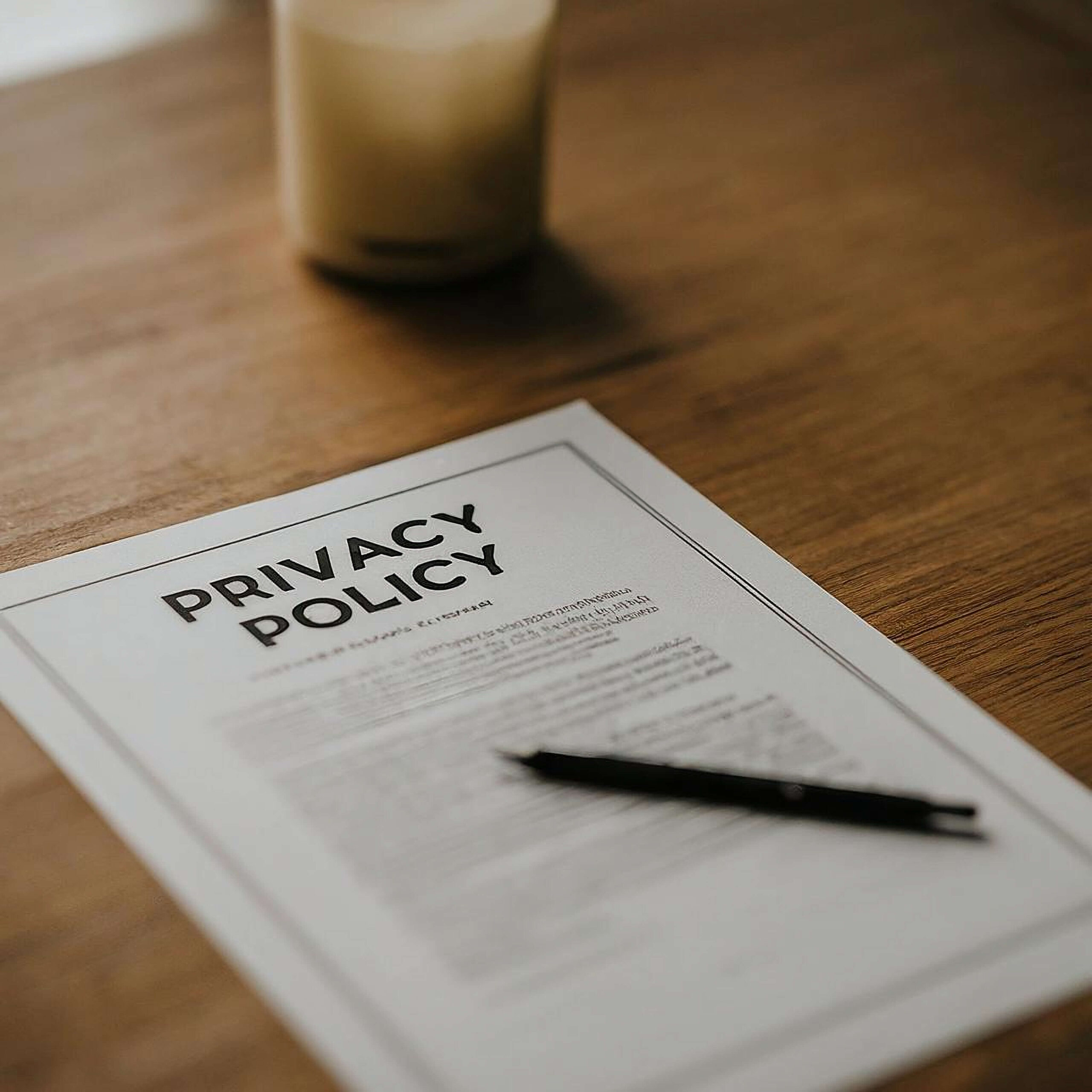Homeowners Associations (HOAs) often handle sensitive information about their residents, from contact details and financial records to security footage and personal communications.
Balancing the need for community management with individual privacy rights can be a delicate act. Let’s look into the critical aspects of privacy issues within HOA communities, offering guidance on how to navigate these complexities while ensuring legal compliance and fostering a respectful environment for all residents.
Understanding Privacy Concerns in HOAs
HOAs face unique challenges when it comes to privacy. While they need to collect and manage certain information to function effectively, they also have a responsibility to protect residents’ privacy rights. Key areas of concern include:
Collection and Use of Personal Information: HOAs must be transparent about what information they collect, how they use it, and with whom they share it. This includes contact details, financial records, vehicle information, and any other personal data collected from residents.
Access to Records: Residents have a right to access their own records and certain HOA documents, but there are limitations to protect the privacy of others and confidential information.
Surveillance and Security: The use of security cameras, access control systems, and other monitoring technologies raises concerns about the extent of surveillance and potential misuse of footage.
Sharing of Information: HOAs must be cautious about sharing resident information with third parties, such as vendors, insurance companies, or even other residents.
Social Media and Online Communication: Online platforms can blur the lines between private and public spaces, leading to potential privacy breaches if not managed carefully.
Best Practices for Handling Privacy Issues
To address these concerns and ensure legal compliance, HOAs should adopt the following best practices:
1. Develop a Comprehensive Privacy Policy
- Clearly outline what information is collected, how it’s used, and who has access to it.
- Specify how long records are retained and how they are disposed of securely.
- Address the use of surveillance technology and access to footage.
- Include guidelines for online communication and social media use.
- Make the policy easily accessible to all residents.
2. Implement Secure Data Management Practices
- Store sensitive information securely, whether in physical files or electronic databases.
- Use encryption and password protection to safeguard data.
- Limit access to confidential information to authorized personnel only.
- Train staff on proper data handling procedures.
- Regularly review and update security measures.
3. Comply with Relevant Laws and Regulations
- Familiarize yourself with federal, state, and local laws regarding data privacy, such as the Fair Credit Reporting Act (FCRA) and state-specific privacy laws.
- Ensure compliance with data breach notification requirements.
- Consult with legal counsel to ensure your practices are up-to-date and compliant.
4. Promote Transparency and Communication
- Be transparent with residents about your data collection and use practices.
- Provide clear procedures for residents to access their own records.
- Encourage open communication and address privacy concerns promptly.
- Consider establishing a privacy committee to involve residents in decision-making.
5. Address Privacy Concerns Proactively
- Conduct regular privacy audits to identify potential risks and vulnerabilities.
- Stay informed about emerging privacy issues and best practices.
- Seek legal advice when faced with complex privacy situations.
- Foster a culture of respect for privacy within the community.
FAQs about Privacy Issues in HOAs
Q: Can HOAs install security cameras in common areas?
Generally, yes, HOAs can install security cameras in common areas for legitimate security purposes. However, they should avoid placing cameras in areas where residents have a reasonable expectation of privacy, such as restrooms or changing rooms.
Q: Can HOAs share resident information with other residents?
HOAs should exercise caution when sharing resident information with other residents. Only directory-type information, such as names and contact numbers, should be shared, and only with the consent of the residents involved.
Q: What should an HOA do in case of a data breach?
In case of a data breach, HOAs should take immediate steps to contain the breach, assess the damage, and notify affected residents. They should also comply with applicable data breach notification laws and consult with legal counsel.
Q: Can residents opt out of sharing information with third parties?
Depending on the specific information and applicable laws, residents may have the right to opt out of having their information shared with third parties. HOAs should clearly communicate their policies and provide opt-out options where required.
Q: Can HOAs monitor residents’ social media activity?
HOAs should avoid monitoring residents’ social media activity unless there is a legitimate concern about a violation of community rules or a threat to safety. Even then, they should exercise caution and consult with legal counsel.
Manning and Meyers Can Help
Handling privacy issues effectively is crucial for HOAs to maintain trust, ensure legal compliance, and foster a harmonious community. By adopting best practices, promoting transparency, and addressing concerns proactively, HOAs can strike a balance between community management needs and individual privacy rights.
If your HOA needs guidance on navigating privacy issues, drafting privacy policies, or ensuring legal compliance, contact Manning and Meyers today. Our experienced attorneys can provide expert advice and support to protect your community and its residents.


